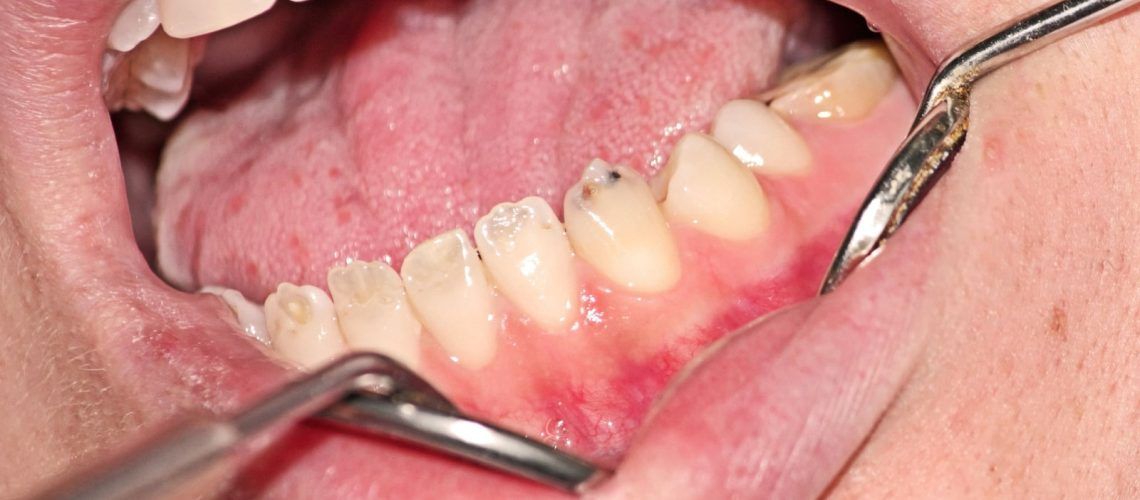Growing up, we hear a lot about tooth decay and gum disease. This has led many to believe these are the only concerns we must consider regarding our oral health. For many people, these represent the most significant concern they face. For others, some factors come into play that make things a little more complicated. These can include genetic factors, chronic disease, or injury. Dentinogenesis Imperfecta (DI) is a genetic condition that introduces particular concerns that the Aesthetic Dentistry of Palm City team can help you manage.
Understanding Dentinogenesis Imperfecta And Managing Its Symptoms
To understand the impact of DI, it’s necessary to have a basic understanding of our dental structure. The outside of our teeth comprises the densest material in the human body, enamel. It serves as a protective layer between the softer inner structures of our teeth and the outside world. Under this layer is a softer, porous material known as dentin. It tends to have a somewhat yellow tone and is the transitional barrier between our enamel and the fleshy pulp at the heart of our teeth. Dentinogenesis Imperfecta directly impacts the development of enamel. Some common symptoms of this condition include:
- Dental discoloration – Teeth with this condition often appear blue-gray or yellow-brown.
- Brittleness – DI patients have teeth more susceptible to loss, wear, and breakage.
- Adult and Primary Teeth – Patients may have symptoms in only their adult teeth, primary teeth, or both.
Two forms of dentinogenesis imperfect exist. Class I is the result of another condition known as osteogenesis imperfect. This genetic condition causes bones to form imperfectly, causing them to be brittle and easily broken. This impact extends to the teeth as well. Class II & III forms typically occur in patients with no other symptoms indicating the presence of another disease.
While no symptoms point to another condition, the current speculation is that class II & III are a new manifestation of a different disorder. This is due to the similarity to symptoms caused by Dentin Dysplasia II. The primary difference between these conditions is that dental dysplasia typically only impacts baby teeth, while dentinogenesis imperfect can impact either or both.
Dentinogenesis isn’t a curable condition, but there are ways to limit the impact of its symptoms. The initial approach includes using fluoride treatments to help reinforce the strength of the teeth, reducing the risk of breakage and damage. Restoration becomes necessary when the teeth become damaged. This stage of treatment can include fillings, crowns, dental implants, or any of the full range of restoration procedures available through modern dentistry.
Learn More About Dentinogenesis Imperfecta With Aesthetic Dentistry of Palm City
Those living with dentinogenesis imperfect benefit from taking extra steps to protect their oral health. Being proactive about oral health care can help limit the risk of your teeth becoming damaged or experiencing other complications from this condition. Isn’t it time you reach out to our office and let Aesthetic Dentistry of Palm City be your team for managing your dental health concerns? Call us at (772) 283-8350 or visit our Palm City, FL clinic to meet the team and start taking action to protect your oral health.



